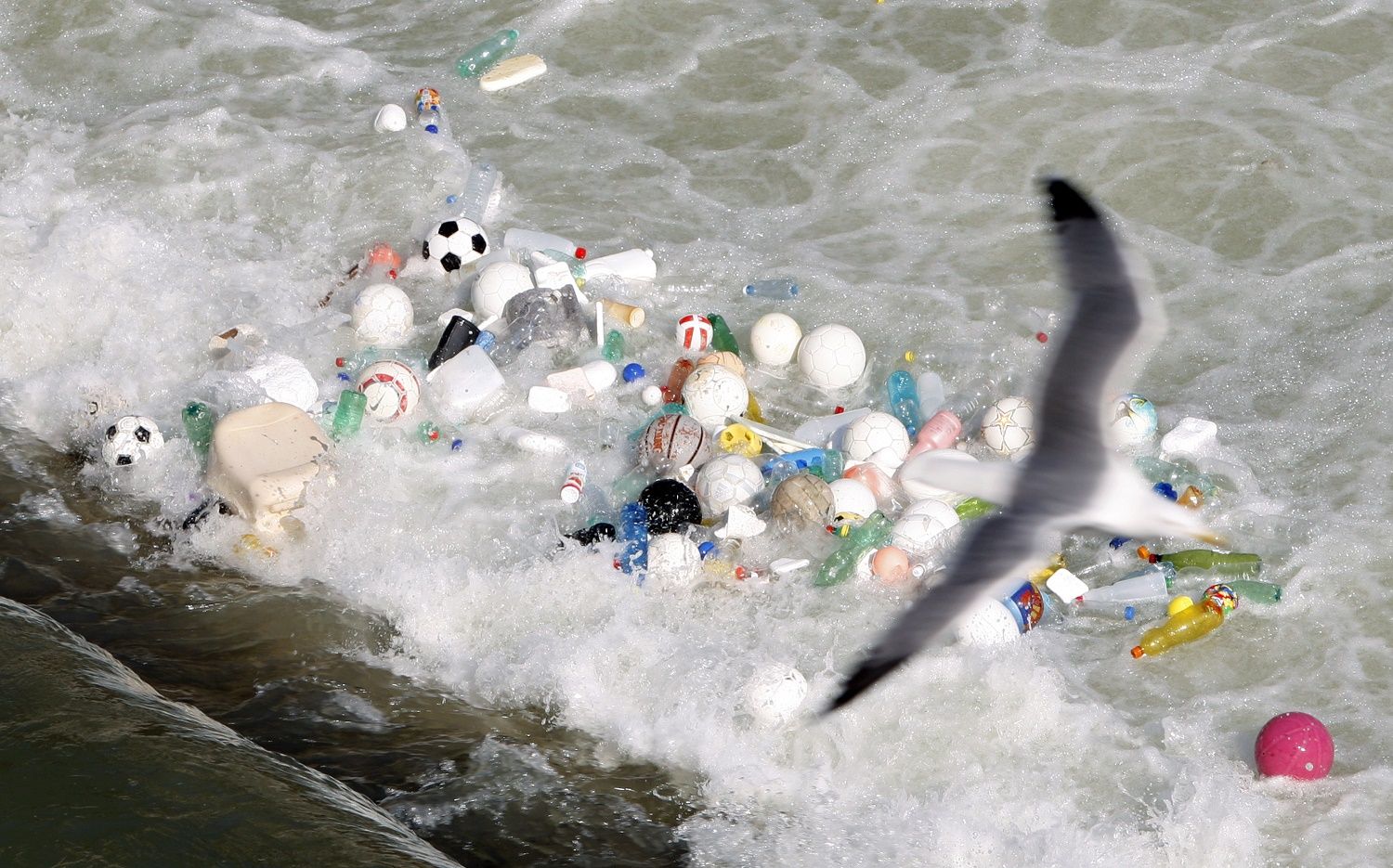
Sea birds are making the mistake of eating plastic waste because its smell reminds them of food, a study has found.
Researchers at the University of California discovered that the smell emitted by ocean-polluting plastic debris is similar to a scent that birds have relied on for thousands of years to find food.
The smell effectively fools the birds into thinking the plastic is a nutritious food source.
"It's important to consider the organism's point of view in questions like this," said lead author Matthew Savoca.
"Animals usually have a reason for the decisions they make. If we want to truly understand why animals are eating plastic in the ocean, we have to think about how animals find food."
The study took place at Monterey Bay and Bodega Bay off the California coast, and used beads made up of the three most common types of plastic found in ocean debris: high-density polyethylene, low-density polyethylene and poly-propylene.
The beads were placed into mesh bags and collected after three weeks of being in the ocean. After studying them, the researchers discovered that they emitted the smell of a compound that is produced when algae is eaten by krill—a favorite food of some sea birds.
The birds most affected by the consumption of plastic include albatrosses, petrels and other tube-nosed species.
"This study shows that species that don't receive lot of attention, like petrels and some species of shearwaters, are likely to be impacted by plastic ingestion," said co-author Gabrielle Nevitt.
"These species nest in underground burrows, which are hard to study, so they are often overlooked. Yet, based on their foraging strategy, this study shows they're actually consuming a lot of plastic and are particularly vulnerable to marine debris."
The study was published in the journal Science Advances.
Uncommon Knowledge
Newsweek is committed to challenging conventional wisdom and finding connections in the search for common ground.
Newsweek is committed to challenging conventional wisdom and finding connections in the search for common ground.
About the writer
Anthony Cuthbertson is a staff writer at Newsweek, based in London.
Anthony's awards include Digital Writer of the Year (Online ... Read more
To read how Newsweek uses AI as a newsroom tool, Click here.








